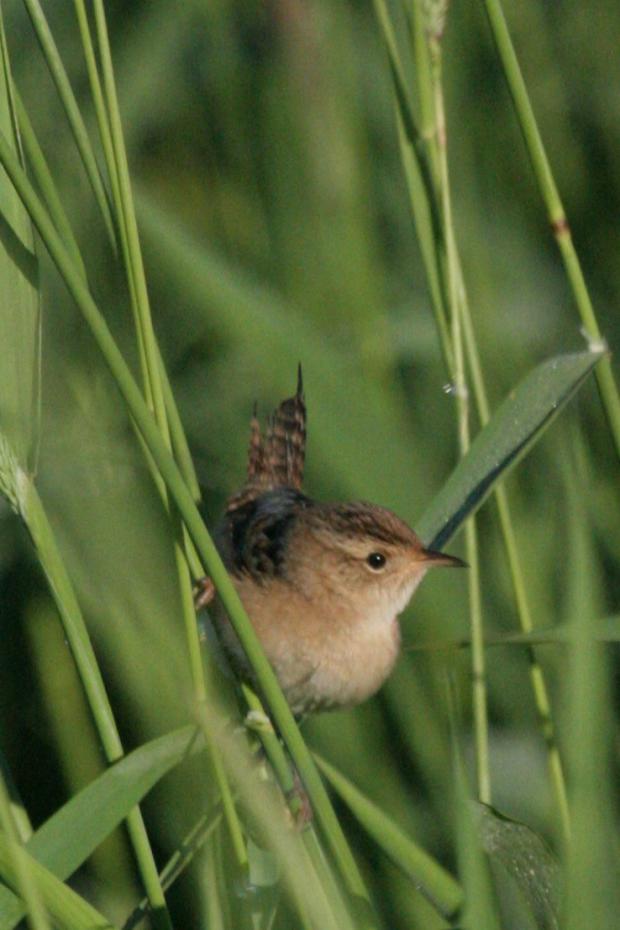Overview
The populations and habitats of many freshwater marshbirds are in decline. Several species are of conservation concern in the northeastern U.S. Adding to this is the fact that many wetland birds are detected so infrequently during surveys that there is a lack of useful data. MassWildilfe's Natural Heritage and Endangered Species Program (NHESP) relies heavily on voluntary reports of rare marshbirds from birders. Documentation of these species helps NHESP monitor their status.
Protection
Rare marshbirds and their habitats are protected under the Massachusetts Endangered Species Act (MESA) and the Wetlands Protection Act. Marshbird habitat may also be protected through land donation or purchase. Active management, like manipulating water levels or controlling exotic vegetation, improves these habitats.
Breeding season observations
NHESP is particularly interested in reports of the following marshbird species during the breeding season (May 1 - August 15):
- Pied-billed grebe (Endangered)
- American bittern (Endangered)
- Least bittern (Endangered)
- King rail (Threatened)
- Sedge wren (Endangered)
- Sora
- Marsh wren
- Common moorhen
Contact
Online
Phone
Open M–F, 8 a.m.–4 p.m. (closed noon–12:30 for lunch)
North/Central/Western Massachusetts
Southeastern Massachusetts/Cape & Islands
